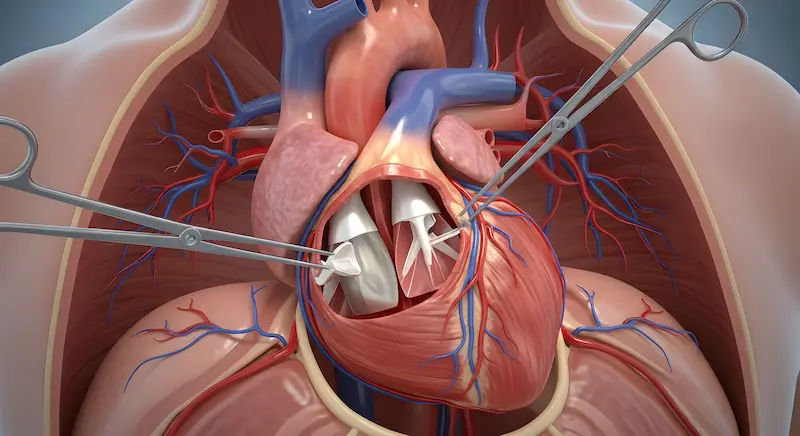- Male
- 56 Years
- 22/01/2025
I'm a bit worried about my mom's condition after her angioplasty. It's been about three weeks now and her hand was pretty swollen. The swelling is getting better, but there are still blue and red patches on her skin. They seem to be fading, and the pain isn't as bad as before, but I'm just really curious about what's causing these color changes. Does this indicate something serious, or is it a normal part of the healing process? Her current medications include Brilinta, Ecosprin, and insulin. I've attached a photo to show you what it looks like. Could you help me understand what's happening?
Answered by 1 Apollo Doctors
The blue and red color patches on your mother's hand after angioplasty are likely due to bruising and inflammation, which can be a common side effect of the procedure. As the swelling has reduced and the patches are vanishing slowly, along with a reduction in pain, it indicates that her body is healing properly. This is a normal part of the recovery process after angioplasty. To help with the healing process, you can continue with the current medications. Additionally, you can apply a cold compress to the affected area and elevate the hand to reduce swelling. If there is persistent pain or if you notice any signs of infection such as increased redness, warmth, or discharge from the area, then it would be advisable to consult with the treating physician for further evaluation.
Dr. Mubarak Suggests...
Consult a Cardiologist
Answered 04/07/2025
0
1

More Cardiology Health Queries
View allI'm thinking about trying EECP therapy for my dad. He had a heart attack two years ago and he's got a stent in one artery, while the other two are clogged with 90% and 80% blockages. I've heard a lot of positive things about this natural bypass therapy, and some hospitals do offer it. But I'm just not sure about the results. Is it really effective? Or would angioplasty be the better option here?
EECP therapy can be a beneficial option for your father's condition. It is a non-invasive treatment that can help improve blood flow to the heart muscle by promoting the development of collateral circulation. However, in the case of significant blockages like 90% and 80% in his arteries, angioplasty may be a more suitable option to directly address the blockages. For the blockages your father has, angioplasty with stent placement may be recommended to open up the blocked arteries and improve blood flow to the heart. This procedure can help reduce symptoms and lower the risk of future heart-related complications. I recommend discussing these treatment options with your father's cardiologist to determine the most appropriate course of action based on his individual condition and medical history.
Answered by 1 Apollo Doctors
I'm currently taking 4mg of Acitrom because I had an AVR procedure. My doctor suggested adding Ecosprin 150 mg, but since Ecosprin is also a blood thinner, I'm feeling a bit uncertain about taking both. Could I be at risk for any complications, or is this combination really safe?
Taking Ecosprin 150 mg along with acitrom can increase the risk of bleeding due to their combined blood-thinning effects. It is important to follow your doctor's advice, but if you have concerns, it is best to discuss them with your doctor.
Answered by 1 Apollo Doctors
I'm really worried and need some guidance. I know someone who's a 20-year-old female, not married, and she has 50 percent artery blockage. She's also experiencing breathlessness and chest pain when she's physically active. She doesn't have diabetes or hypertension, so we're confused about whether she needs stenting or not. What would you suggest?
A person with 50 percent artery blockage who is experiencing breathlessness and chest pain during physical activity may benefit from stenting. For this individual, I recommend considering the use of aspirin 75mg once daily to prevent blood clot formation and atorvastatin 20mg once daily to lower cholesterol levels and reduce the risk of further blockages. However, the final decision on stenting should be made after consulting with a cardiologist. It's important to also make lifestyle modifications such as regular exercise, a healthy diet, and avoiding smoking to improve heart health."
Answered by 1 Apollo Doctors
Disclaimer: Answers on Apollo 247 are not intended to replace your doctor advice. Always seek help of a professional doctor in case of an medical emergency or ailment.




